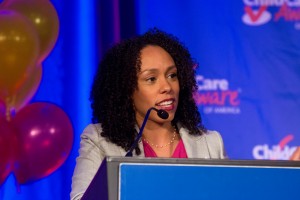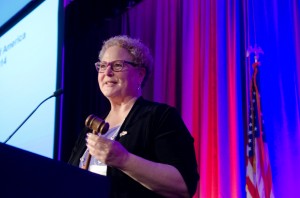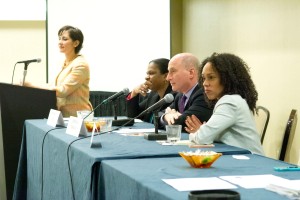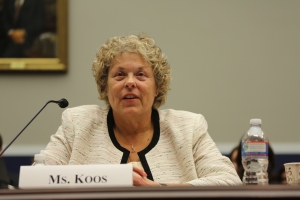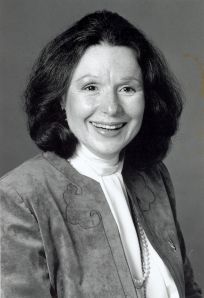Just before noon today, President Obama signed into law the Child Care and Development Block Grant Act of 2014. The bill, which provides child care assistance to families and funds quality initiatives for child care, had not previously been reauthorized since 1996. Today’s signing follows an overwhelming show of bi-partisan support during Monday’s Senate vote on the legislation. This bi-partisan bicameral effort was led by Representatives John Kline (R-MN), George Miller (D-CA), Todd Rokita (R-IN), and David Loebsack (D-IA), and Senators Tom Harkin (D-IA), Lamar Alexander (R-TN), Barbara Mikulski (D-MD), and Richard Burr (R-NC).
“Every working parent with children, no matter their income level, worries about child care. What’s affordable? What’s accessible? Will my child be safe? Where can I get the best care for my kid? The CCDBG program has given many families over many years peace of mind, but we can and should be doing more to improve child care for children, parents and providers alike,” said Senator Mikulski, one of the leaders and original sponsors of the legislation. “It is long past time to revitalize, refresh and reform this vitally important program.”
As you know, this is huge news for families and a moment we should all celebrate! Many of you have advocated for a number of years on the reauthorization of CCDBG, and in partnership with Child Care Aware of America, you’ve brought attention to the importance of this legislation to support the safe, healthy development of all children in child care settings.
Today we celebrate the recognition, through legislation, that children deserve safe, healthy, quality settings across the country. This bill will significantly:
- Enhance parental choice by providing information about available care options
- Strengthen safety in child care settings by requiring all providers to comply with state health, safety, and fire standards and undergo annual inspections
- Promote high quality child care by reserving funds at the state level to improve the quality of care provided to children, enhancing states’ ability to train providers and develop safer and more effective child care services
And it is all thanks to you. Your support got us here. Your calls, letters and emails to Congress made this happen. Your stories showed policymakers why this bill is so important to America’s working families and to millions of children’s health and safety. Now is the time to celebrate all that has been accomplished in 2014. For those of you who attended our child care Symposium in April, our “something big” is finally here. Congratulations! And thank you to Congress and the President for making children and working families a priority.
Look for more information as we seek to support the implementation. You can send a thank you to President Obama and to Congress for standing up for working families by visiting our action center, or tweet, tag, and share the image below with your members of Congress show your appreciation on social media:


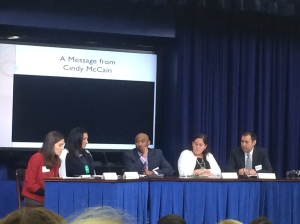


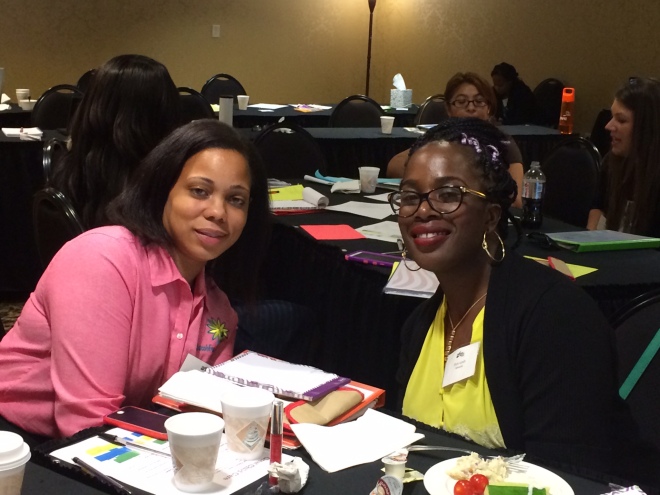
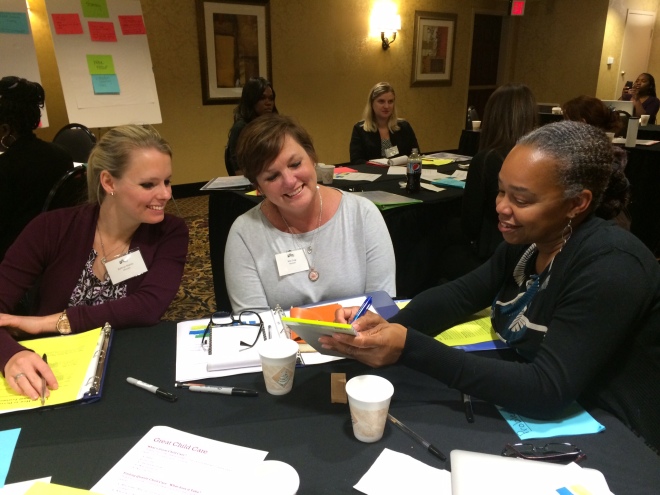
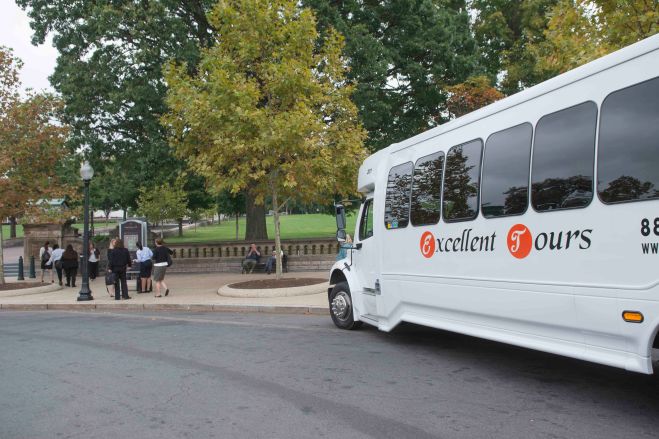
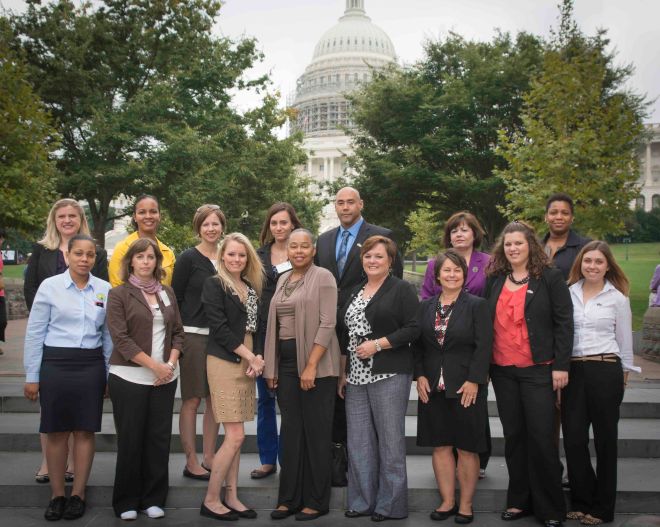
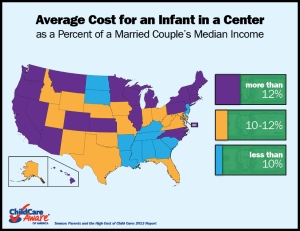
 “I’d like to make this challenge,” he said. “I’m not going to wait 20 years to reauthorize [the Child Care and Development Block Grant] again. My challenge to you is to begin as soon as this bill becomes law, to figure out what changes need to be made so a long time in advance we can look at how to enhance the outcome of the next generation.”
“I’d like to make this challenge,” he said. “I’m not going to wait 20 years to reauthorize [the Child Care and Development Block Grant] again. My challenge to you is to begin as soon as this bill becomes law, to figure out what changes need to be made so a long time in advance we can look at how to enhance the outcome of the next generation.”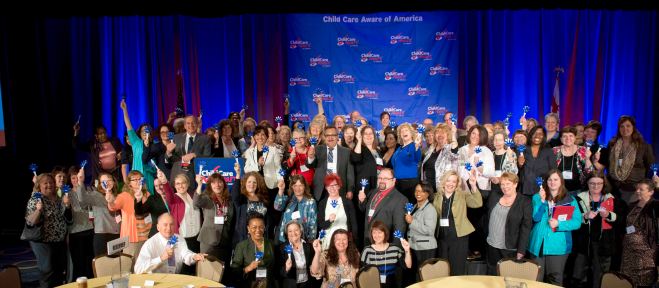 Day on the Hill
Day on the Hill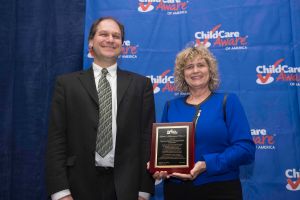 Evening reception and awards
Evening reception and awards